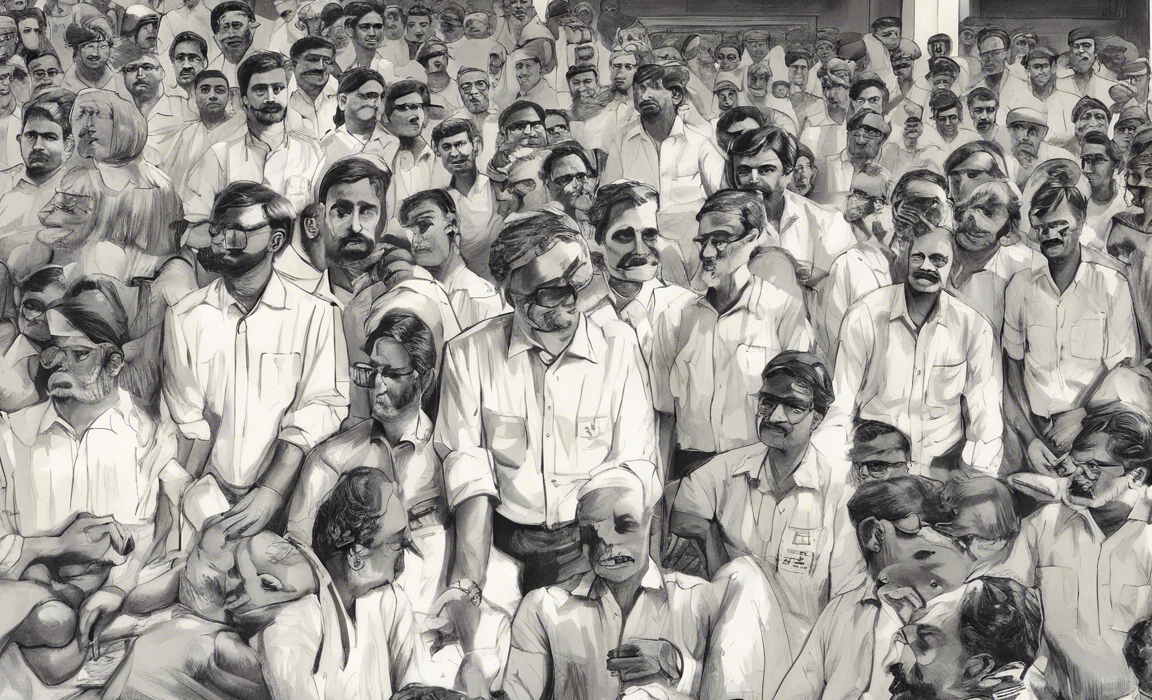Civil services play a crucial role in democracies around the world. In essence, civil services are the permanent bureaucratic branches of governments responsible for implementing and enforcing policies, laws, and programs. The efficiency and effectiveness of civil services can significantly impact the functioning of democratic systems. This article delves into the importance of civil services in democracies, their key functions, challenges they face, and the strategies for enhancing their performance.
Understanding Civil Services in Democracies
In democratic nations, civil services are tasked with serving the government of the day, irrespective of the political party in power. They are expected to provide impartial advice, implement policies, and ensure continuity in governance. The primary role of civil services is to assist in the formulation and implementation of government policies and programs to meet the needs of the citizens.
Key Functions of Civil Services
1. Policy Formulation and Implementation
Civil services assist in policy formulation by providing technical expertise, research, and analysis to policymakers. They also play a crucial role in policy implementation by translating decisions into action, monitoring progress, and evaluating outcomes.
2. Public Service Delivery
Civil services are responsible for delivering essential public services to citizens, such as healthcare, education, infrastructure, and social welfare programs. They ensure the efficient allocation of resources and the effective delivery of services to the public.
3. Regulatory Functions
Civil services enforce regulations and standards to ensure compliance with laws and policies. They monitor industries, businesses, and individuals to uphold public safety, consumer protection, and environmental standards.
4. Financial Management
Civil services manage public finances, including budgeting, revenue collection, and expenditure management. They ensure transparency and accountability in financial transactions to prevent corruption and promote fiscal discipline.
Challenges Faced by Civil Services
1. Political Interference
Civil services often face political pressure to prioritize certain interests or implement policies that align with the government’s agenda, compromising their impartiality and professionalism.
2. Bureaucratic Red Tape
Excessive bureaucracy, rigid procedures, and administrative hurdles can impede the efficiency and responsiveness of civil services, delaying decision-making and service delivery.
3. Lack of Resources
Inadequate funding, staffing shortages, and limited capacity-building opportunities hinder the effectiveness of civil services in fulfilling their mandate and meeting citizens’ needs.
4. Accountability and Transparency
Ensuring accountability and transparency in civil services is crucial to maintaining public trust. Lack of oversight mechanisms and mechanisms for public participation can lead to corruption and mismanagement.
Strategies for Enhancing Civil Service Performance
1. Professional Development
Investing in training, capacity building, and professional development programs can enhance the skills, knowledge, and competencies of civil servants, enabling them to perform their duties effectively.
2. Streamlining Processes
Simplifying administrative procedures, reducing red tape, and adopting modern technologies can improve the efficiency and responsiveness of civil services in delivering public services and responding to citizens’ needs.
3. Strengthening Accountability
Establishing mechanisms for accountability, such as independent oversight bodies, performance evaluations, and whistleblower protection, can promote transparency and integrity within civil services.
4. Encouraging Innovation
Promoting a culture of innovation, creativity, and problem-solving can empower civil servants to find new and effective solutions to complex challenges, leading to improved service delivery and outcomes.
Frequently Asked Questions (FAQs)
1. What is the role of civil services in democracies?
Civil services assist in policy formulation, public service delivery, regulatory functions, and financial management to ensure effective governance and service delivery to citizens.
2. How do civil services contribute to democracy?
Civil services uphold the rule of law, ensure continuity in governance, provide impartial advice to policymakers, and deliver essential public services to citizens, strengthening democratic institutions.
3. What are the common challenges faced by civil services?
Political interference, bureaucratic red tape, resource constraints, and accountability issues are among the key challenges that civil services encounter in their operations.
4. How can civil service performance be enhanced?
By investing in professional development, streamlining processes, strengthening accountability mechanisms, and encouraging innovation, civil service performance can be improved to better serve the public.
5. Why is transparency important in civil services?
Transparency is vital in civil services to prevent corruption, promote accountability, build public trust, and ensure the efficient use of public resources for the benefit of citizens.
In conclusion, civil services play a vital role in upholding democracy, promoting good governance, and delivering public services to citizens. By addressing the challenges they face and implementing strategies to enhance their performance, civil services can better serve the interests of the public and contribute to the continued success of democratic nations.


